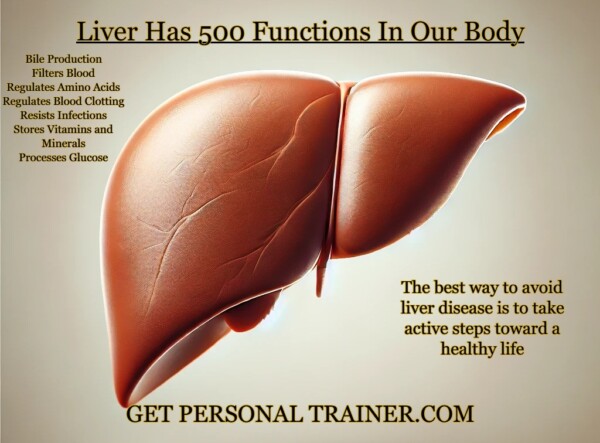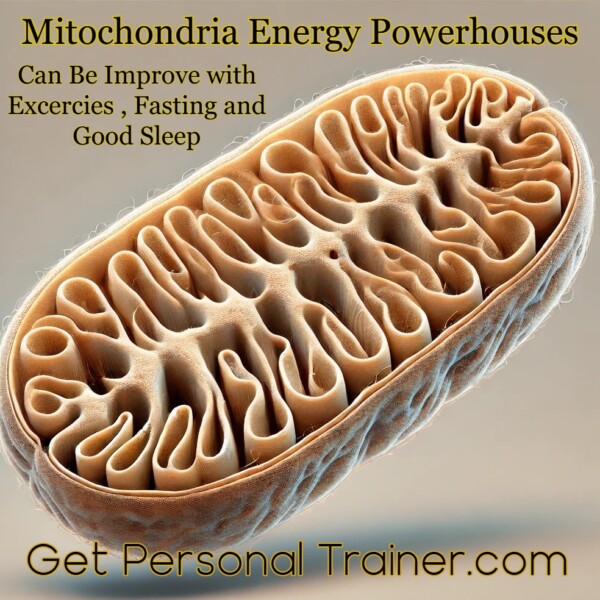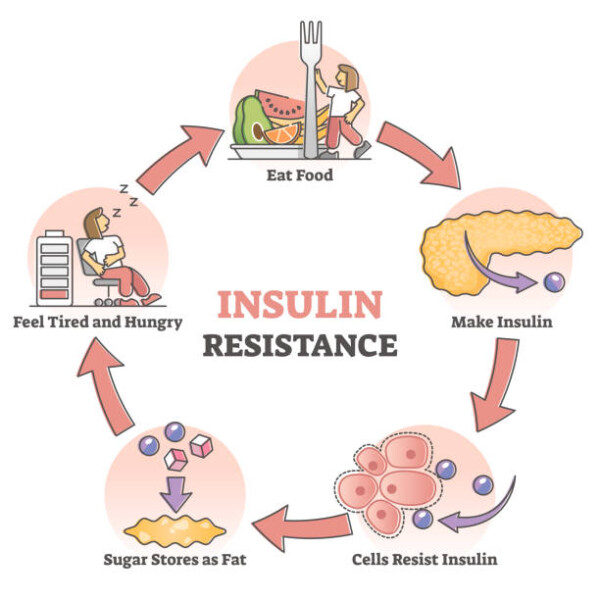
The Gut-Brain Connection: Why Gut Health Matters More Than You Think
Our gut is often referred to as our second brain and for good reason. A healthy gut doesn’t just mean smooth digestion; it means fewer health problems, a sharper mind, and an overall happier you. But when the gut is out of balance, it can lead to issues that ripple through your entire body.
Why a Healthy Gut Equals a Healthy Brain
Ever felt foggy, moody, or just “off” mentally? That could be your gut talking. The gut and brain are connected by the gut brain axis a communication highway involving nerves, hormones, and bacteria. When your gut is thriving, it produces feel-good chemicals like serotonin (90% of it is made in the gut!) and supports a calm, focused mind. When it’s struggling, inflammation and imbalances in the gut can lead to fatigue, anxiety, or even depression.
Common Gut Problems You Should Know About
Gut issues are more common than you might think, and they don’t always start with obvious symptoms. Here are some of the main culprits:
- SIBO (Small Intestinal Bacterial Overgrowth): An overgrowth of bacteria in the small intestine can lead to bloating, discomfort, and nutrient deficiencies.
- SIFO (Small Intestinal Fungal Overgrowth): Similar to SIBO, but caused by an excess of fungi. It can cause digestive upset and fatigue.
- IBS (Irritable Bowel Syndrome): A complex condition involving abdominal pain, diarrhea, constipation, or both.
- Dyspepsia: Often called indigestion, it’s that uncomfortable bloating and fullness after eating.
- Leaky Gut Syndrome: A controversial but growing area of study, it refers to increased intestinal permeability that allows harmful substances to enter the bloodstream, potentially triggering inflammation.
When left untreated, these problems can escalate into bigger health issues, from nutrient deficiencies to chronic inflammation affecting your brain, heart, and more.
How Exercise and Good Food Transform Your Gut (and Life!)
Here’s the good news: your gut is incredibly resilient. With the right care, it can heal and thrive, often transforming your health in the process.
- Food as Medicine:
- Prebiotics and Probiotics: Prebiotic foods like garlic, onions, and bananas feed your good gut bacteria, while probiotic-rich foods like yogurt, kefir, and sauerkraut introduce healthy microbes.
- Fiber-Rich Foods: Whole grains, legumes, fruits, and vegetables keep things moving and promote a diverse gut microbiome.
- Limit Processed Foods: Processed foods and sugars can feed harmful bacteria and disrupt the balance.
- The Power of Movement:
Exercise isn’t just for your muscles and heart; it’s a boon for your gut too. Regular movement improves blood flow to your intestines, reduces stress (a big gut disruptor), and supports a healthy microbiome. Even a daily walk can make a difference! - Mind Your Stress Levels:
Chronic stress disrupts the gut-brain axis, slowing digestion and promoting inflammation. Practices like meditation, yoga, or simply spending time in nature can calm your gut and mind simultaneously.
Listen to Your Gut
Your gut is constantly sending you signals—whether it’s bloating after meals, energy crashes, or unexplained brain fog. Paying attention to these signs and making intentional lifestyle changes can work wonders.
By prioritizing whole foods, regular exercise, and a stress-free routine, you’re not just taking care of your digestion—you’re supporting your entire body and mind. Because when your gut is happy, you’re happy.




Leave a Reply
You must be logged in to post a comment.